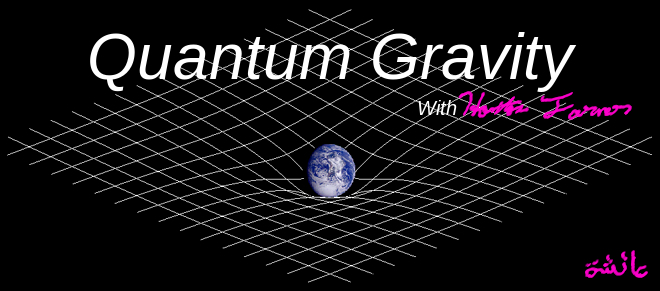The announcement I saw read this.
Here is what the release says with a translation into plain English.
Message to members of the APS Division of Particles&Fields
Authorized by Ian Shipsey, DPF Chair
Dear Colleagues,
A press release issued jointly by CERN and APS at 9 a.m. EDT (3:00 p.m. CERN time) September 18 announcing a partnership to make all CERN-authored articles published in the APS journal collection Open Access is here:
http://www.aps.org/publications/apsnews/updates/cern-aps.cfm
Sincerely,
The DPF Chairline and DPF Executive Committee
Articles in APS' Physical Review Letters, Physical Review D, and Physical Review C in 2015 and 2016 will be covered by this agreement. All physics results from CERN will benefit from this partnership, in theoretical physics and experimental physics, at the LHC accelerator as well as other experimental programs.
The journals Physical Review Letter, Physical Review D and Physical Review D will host articles from CERN scientist open access. I assume that this means articles published in 2015 and 2016 will be open access forever. Instead of being open access for two years or something of the sort.
This quote explains CERN's commitment to Open Access.
“CERN is a long-time supporter of APS journals, and is committed to Open Access. This collaboration is a very important step towards global Open Access for a global discipline.” said CERN Director General Rolf Heuer.The APS on the other hand...
Although APS is not participating in the current cycle of SCOAP3, the global Open Access initiative in physics coordinated by CERN, this agreement demonstrates both organizations’ commitment to Open Access publishing.
"It was important to continue our discussions with CERN, while keeping in mind the financial stability of the APS publishing program,” said Mac Beasley, 2014 APS President. “This is a fitting solution that advances physics.”
....as a weaker commitment to Open Access.
The APS, Open Access, and the future of publishing.
Having had a chance to discuss things with the people involved in making these decisions for APS at the April 2013 conference, this is a big step for them. They are a more conservative group and over time APS will eventually be a more open access friendly organization than it is. As it stands right now the most unfriendly thing about their open access are the fees which are nothing to sneeze at. Fees which it seems American Scientist have to come up with out of their own budgets, to publish in journals which they pay dues to the APS for. But if one is a CERN scientist they are covered.
One other thing, articles submitted to the APS are now converted from Latex to an internal archival XML format. This XML format means that they can reproduce the article on a number of devices as the author intended it. This is a essentially future proof technology. They are very good about realizing that in the future more people will simply read articles off a small portable screen without plugins like Adobe PDF reader.
(There is a problem with Latex. It's so 1993. I use LaTeX everyone my age uses it.... however most young science minded people come out of high school now knowing a bit of HTML5 which is pretty close to XML. Someday in the next ten years it will be realized that we can live without the LaTeX middle man. )
Thanks to this partnership, articles will be available free of charge for everyone to read. Copyright will remain with the authors and permissive Creative Commons CC-BY licenses will allow re-use of the information (e.g. in books, review articles, conference proceedings and teaching material) as well as text- and data-mining applications
Not to mention to reanalyze data in ways not thought of previously and come to novel conclusions. Good golly one would read this and think that Open Access journal articles were all about being able to Google things easily. The real value the point the purpose of open access, open peer review, open processes is so that all may partake. The Physics arXiv got things started but it is limited to pre prints. Astronomy has lead the way in this regard. More peer reviewed text of astronomy articles are available with full cross referencing (Nasa ADS) and data published in a machine readable format (SIMBAD). Hopefully soon physics and the American Physical Society will join with us.
I applaud them for simply using the standard CC-by license and not trying to come up with something more restrictive. Bravo Gentlemen.
That said...
The right to easily read journal articles should never have been restricted to those with institutional access, or who live near a university library. Gradually that absurdity, that the general public which pays for the research must pay to read it, will be reversed. Yeah there is a minority of scientist from the United States of America who work for CERN who might be able to publish OA for free under these terms. However that is a tiny group.




Comments